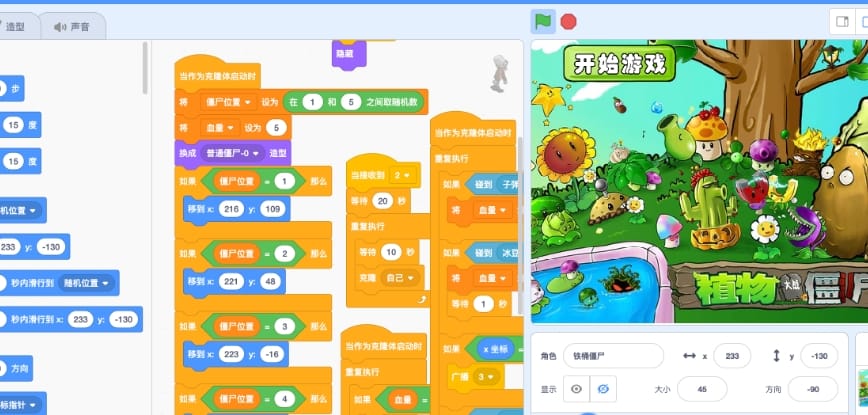Programming and Programming Languages
Discover the magic of programming—the art of giving computers step-by-step instructions! From beginner-friendly Python and Scratch to powerful C++ and JavaScript, this guide introduces popular programming languages and their superpowers.
1. What is Programming?
Programming is like writing "magic instructions" for a computer!
Computers are smart, but they can’t think on their own. You need to tell them what to do and how to do it.
For example, if you want a computer to draw a kitten, create a game, or solve a math problem, you must write the rules using a programming language.
🌰 Example:
If you say to your mom, “Please get me a glass of water,” she’ll understand and do it.
But if you say the same thing to a computer, it will just be confused: “???”
So, we use a language that computers understand—a programming language—to write instructions, such as:
Python:
print("Please give me a glass of water!") # This is how you write it in Python
C++:
cout << "Please give me a glass of water";
2. Programming Languages
Programming languages are the way humans communicate with computers.
Just like humans speak Chinese, English, or French, there are many programming languages! Here are some common ones:
🐍 Python
- Features: Simple, reads like English!
- What it can do: Create games, draw graphics, solve math problems, and even control robots!
- Example
# Make the computer print "Hello, World!"
print("Hello, World!")🟢 Scratch
- Features: Learn programming with building blocks—no typing required!
- What it can do: Create animations and small games (like Cat and Mouse).
Example:

🔵 JavaScript
- Features: Makes web pages interactive!
- What it can do: Web games, bouncing animations, interactive buttons.
- Example:
// Pop up "Hello!" when a button is clicked
alert("Hello!");🔴 C Language
- Features: Like the basic building blocks of Lego—many systems are built with it!
- What it can do: Write operating systems (like Linux), control robots, and build high-performance programs.
- Example:
#include <stdio.h>
int main() {
printf("Hello, World!\n"); // Print a message
return 0;
}- Fun Fact:
Your phone, computer, and even microwave may contain code written in C!
Learning C makes it much easier to learn other languages later.
🟣 C++
- Features: C language + superpowers (object-oriented)!
- What it can do: Large-scale games (like World of Warcraft), scientific computing, 3D graphics.
- Example:
#include <iostream>
using namespace std;
int main() {
cout << "Hello, World!" << endl; // Similar to C, but more advanced
return 0;
}- Fun Fact:
Many game engines (like Unreal) are written in C++—learn it and you can create awesome games too!
It’s “smarter” than C and lets you create virtual characters (using classes and methods).
💡 Did You Know?
- Most of the Windows operating system is written in C/C++!
- The first C++ program was born in 1983! 👨💻